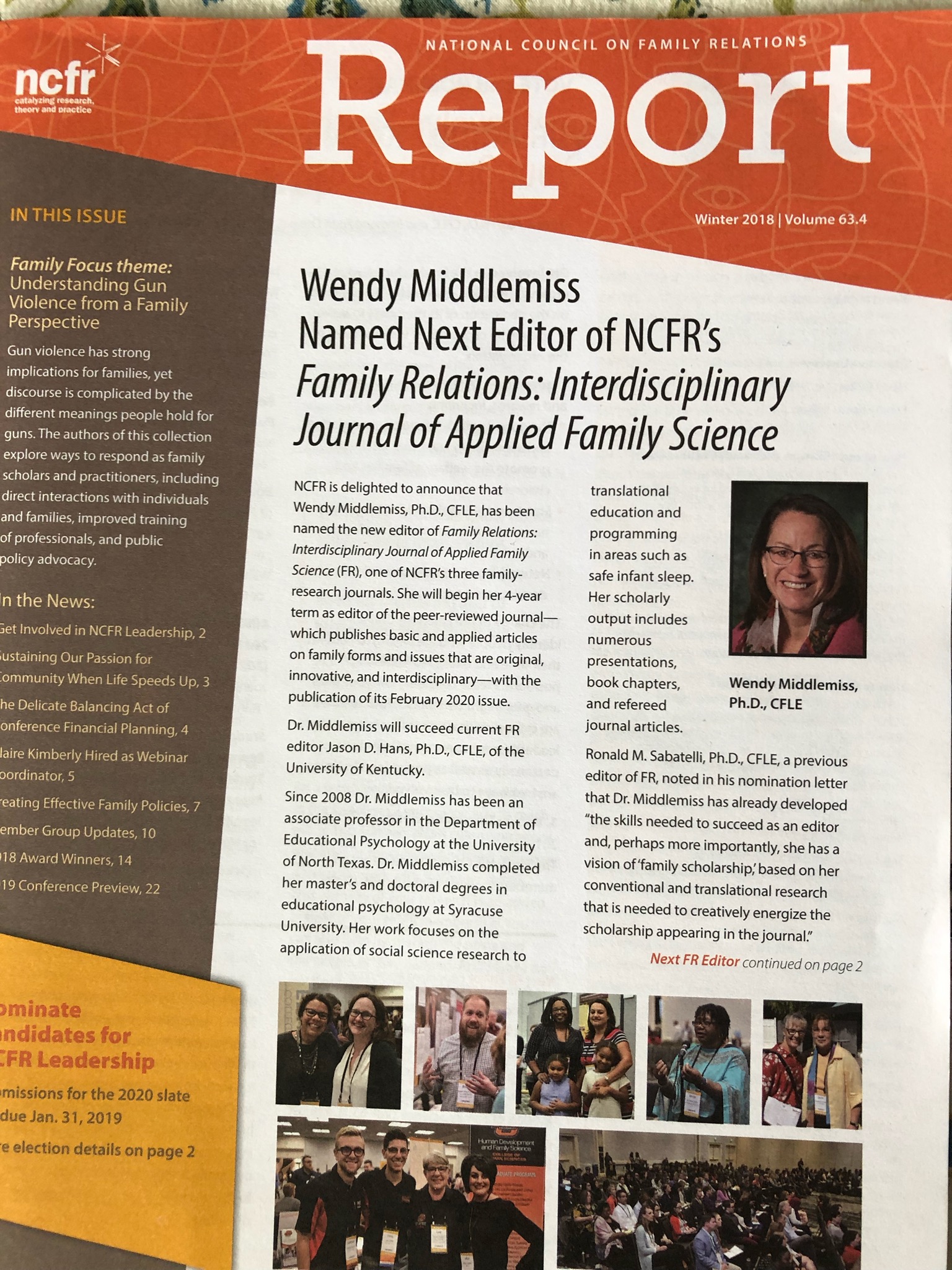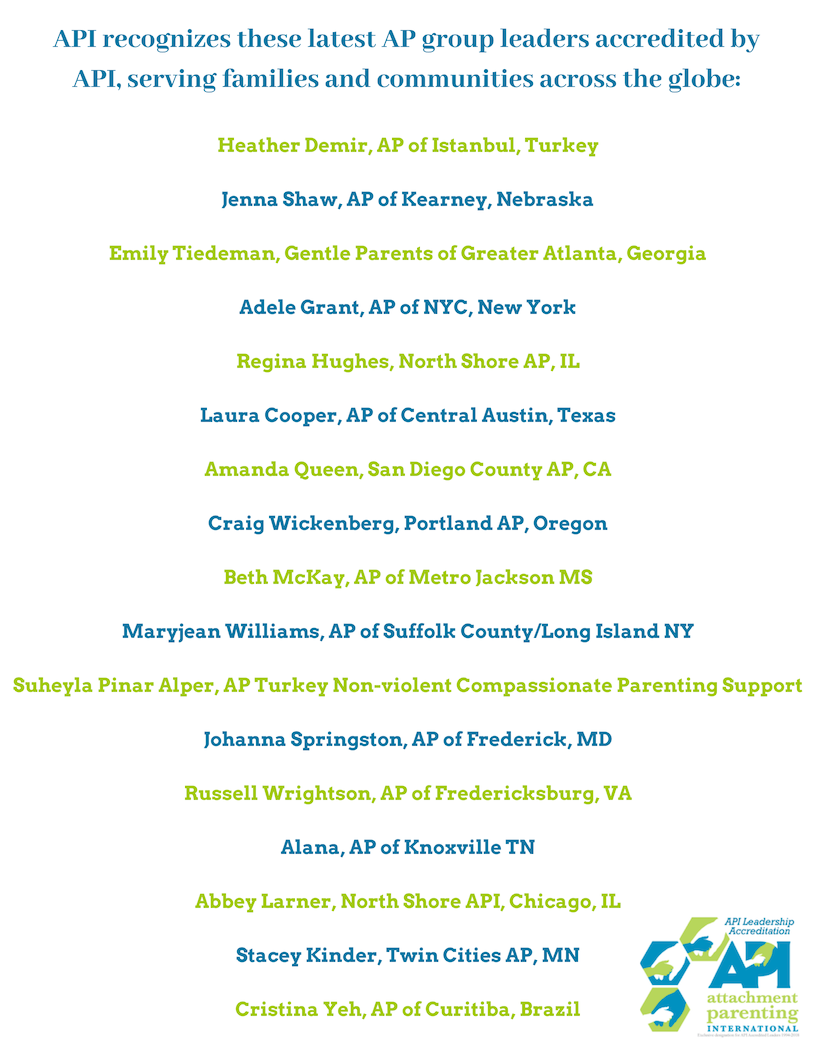Strive for Balance in Personal and Family Life
It is easier to be emotionally responsive when you feel in balance. Create a support network, set realistic goals, put people before things, and don't be afraid to say "no". Recognize individual needs within the family and meet them to the greatest extent possible without compromising your physical and emotional health. Be creative, have fun with parenting, and take time to care for yourself.
API Links
|
“I think this is quite a wake-up call,” says Mary Helen Immordino-Yang, a professor of psychology and education at the University of Southern California (who was not affiliated with the new study). |
|
|
"That parent who puts their child in front of one of those fraudulent “learning DVDs” isn’t being lazy — they’re worried they won’t get it right for their kid.
This issue of a “skills gap” isn’t unusual" |
"These kids live with what philosopher Pascal Bruckner calls “tension without intention.” They’re constantly stressed, and they’re growing aware that there’s no payoff for it all." |
|
"My something extra was starting something nine months ago at the Aspen Institute called Weave: The Social Fabric Project. The first core idea was that social isolation is the problem underlying a lot of our other problems. |
"In the course of my interviews, I discovered that American working mothers generally blame themselves for how hard their lives are. They take personal responsibility for problems that European mothers recognize as having external causes. |
|
"Many people don't make New Years Resolutions, because they find themselves making the same resolutions every year. But that doesn't mean you're a failure. It means you're headed in the right direction, and you aren't perfect yet. |
|
|
API thanks the hundreds of dedicated leaders for fostering a strong foundation and recognizes the impact of their service. The groups these leaders have created provide critical parenting support. |
As we celebrate these changes at API, Read more |
- ‹ previous
- 10 of 28
- next ›








